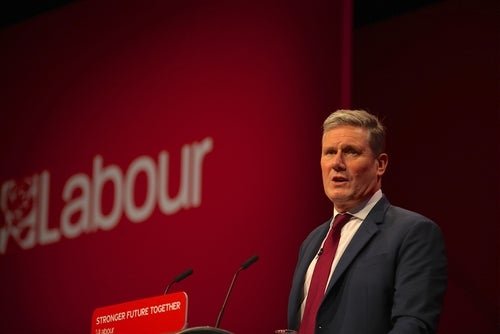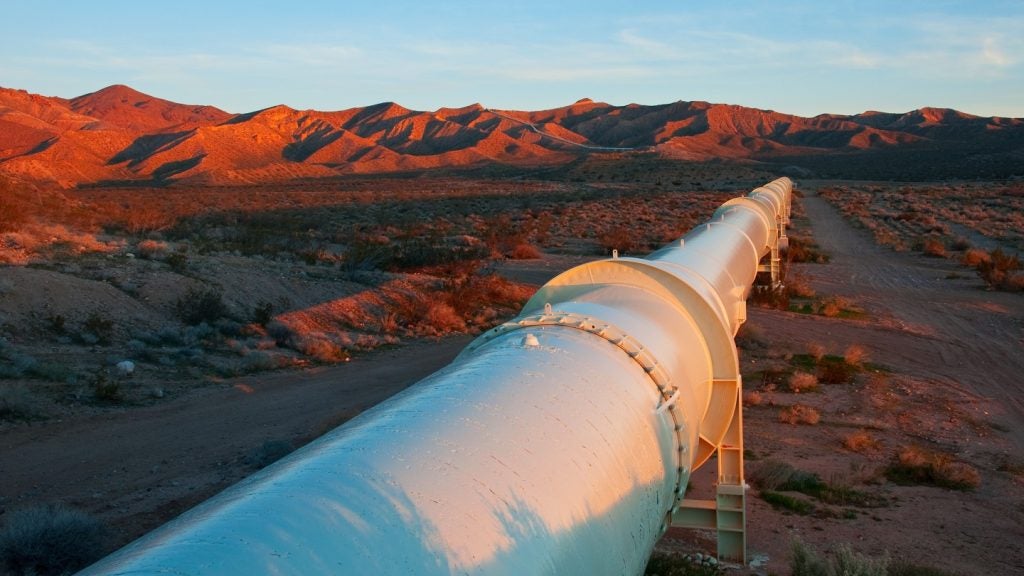Should Labour win the upcoming UK election, it has promised to create so-called offshore skills passports, which would allow workers to move more easily between the fossil fuels and renewables industries.
Shadow Scottish Secretary Ian Murray has now pledged to work with the Scottish Government to introduce the policy.
With just under four weeks to go until polling day on 4 July, Labour has a substantial lead of almost 20% over the incumbent Conservatives.
If translated into actual votes, this would hand Keir Starmer’s party a sizeable parliamentary majority of more than 150 seats.
Currently, offshore workers often need to duplicate training when moving between the two sectors. This leads to increasing costs, more bureaucracy and more time to switch roles.
A skills passport confirms a certain level of professional skill and proficiency, set against national and world standards.
The passport was originally outlined in the government’s 2021 North Sea Transition Deal to facilitate employment opportunities for offshore workers by aligning training and certification standards between the oil, gas and renewable sectors.
Murray, as reported by several UK media outlets, was addressing workers, businesses and business leaders in Aberdeen when he made the comments on Wednesday afternoon.
According to media reports this week, work has already begun involving OPITO, a global, not-for-profit skills body for the energy industry, and collaborative body the National Energy Skills Accelerator (Nesa).
The two organisations have received £5m ($6.4m) of Scottish Government funding to create an Energy Skills Passport.
Speaking before his visit to Scotland, Murray said oil and gas jobs “are going to be with us for decades to come”, and “Labour will support our offshore workforce with the recognition they deserve” and help in the transition to renewables jobs.
He added that the UK’s offshore industry is “asking for a plan for jobs, and this is a part of delivering that”.
However, Andrew Bowie, the Conservative Party candidate for West Aberdeenshire and Kincardine, said Labour will “turn off the taps overnight” if they get elected.
He added that Starmer “doesn’t understand what is already happening in the energy industry, or the economic carnage his plans will create in the North East”.
The UK's RMT union, which represents a large number of offshore workers, welcomed Labour's move but said in a statement "that it must be part of a broader Green New Deal".
Mick Lynch, RMT general secretary, said: "The protection of oil and gas workers’ jobs, along with the preservation and enhancement of their skills and livelihoods, must be central to this vision."
According to the UK Government’s Energy Trends report published in March 2024, the country’s 2023 energy production fell 9% on the year, and is down 36% from 2010.
Oil production in 2023 reached a record low while gas production reached the second-lowest output on record.
Production from wind, solar and hydro increased by 2%, but these renewable technologies contribute less primary energy than fossil fuels.
Production from renewable technologies matched the previous record high of 2022 and renewables’ share of electricity generation increased to 47.3%.
Wind generation hit a record high share of 28.7% of generation, up from 2.7 in 2010.















